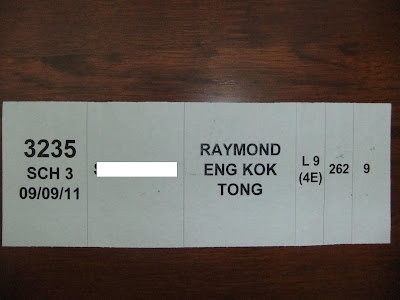It might sound ironic but some of the coldest places on earth are becoming hotly-contested areas to do business in. As temperatures and anxiety levels of environmentalists increase, so did the number of Arctic Council members. The burning desire of shipping companies to do business in the Arctic seemed to have melted a record amount of ice there.
A couple of months back, the Arctic Council invited six non-Arctic nations (Singapore, China, Japan, South Korea, India and Italy) to join it as permanent observers. That makes the total number of countries with observer status to 32. These countries can listen in on meetings and make proposals regarding the development of the Arctic region.
Without a doubt, topics like platinum reserves, oil drilling and fishing will be discussed on a more frequent basis. While the economical benefits are obvious, we have to acknowledge that the world is undergoing a new climate normal. Tornadoes in America and floods in Czech Republic are two examples.
During summertime, the Northern shipping lane along Russia's Arctic coastline could see its distance decreased by 40 per cent. Ships from Japan or China can access Europe at a much faster rate thanks to the melting of ice.
Greenland is already on the radar of mining companies hungry for platinum and gold after it suffered a 97 per cent loss of its continental glacier within four days in 2012.
While ice has been disappearing in the Arctic, low-lying island-countries like the Maldives are in danger of vanishing altogether due to a loss of land to the sea. India's coastal areas are also facing similar risks.
Thus, it is interesting to see India expressing an interest in becoming part of the Arctic Council. It is the second runner-up in carbon dioxide emissions after the big bros, China and America.
A more effective to combat rising temperatures for India would be to rely on clean energy like wind or solar. Depending on the bountiful amounts of energy generated by the flow of gases plus light and heat from the sun is certainly a more practical option than making inroads to the other side of the hemisphere.
On the other hand, the melting of ice may turn out to be a positive thing for some countries. One such example is Norway, who is a permanent member of the Arctic Council. The Scandinavian country has been engaging Asia more often as travelling times there have reduced due to the lack of ice.
International trade patterns have been altered by nature (environmentalists will argue that it is all man-made) while business opportunities continue to increase.
Norway became the latest participating country at this year's Asean ministerial meeting. It is supporting Myanmar to hold the chair of the geo-political organization next year. But the more outstanding issue is that Telenor, the Norwegian equivalent to Singtel, emerged as one of the only two companies which received mobile licenses in Myanmar.
The other was Ooredoo of Qatar. However, Ooredoo has sparked an outrage in Myanmar due to the fact that Qatar is a Muslim country. Anti-Muslim sentiment is at an all-time high in a nation where nine out of ten people list Buddhism as their religion.
Therefore, Norway and Telenor look set to be a major player in the rebuilding of Myanmar. It is also likely that Norway will expand its presence around the region as blocks of water transit from solid to liquid in the Arctic.
So, is the Arctic dream a fantasy or nightmare?




No comments:
Post a Comment